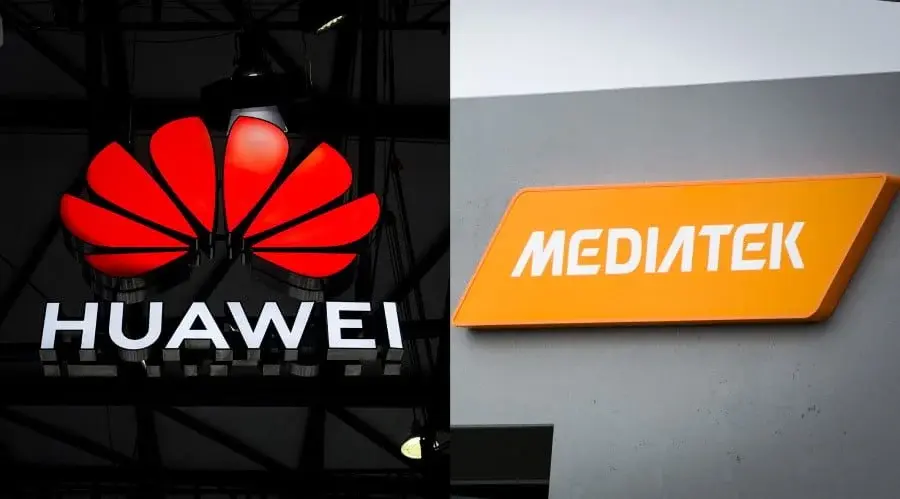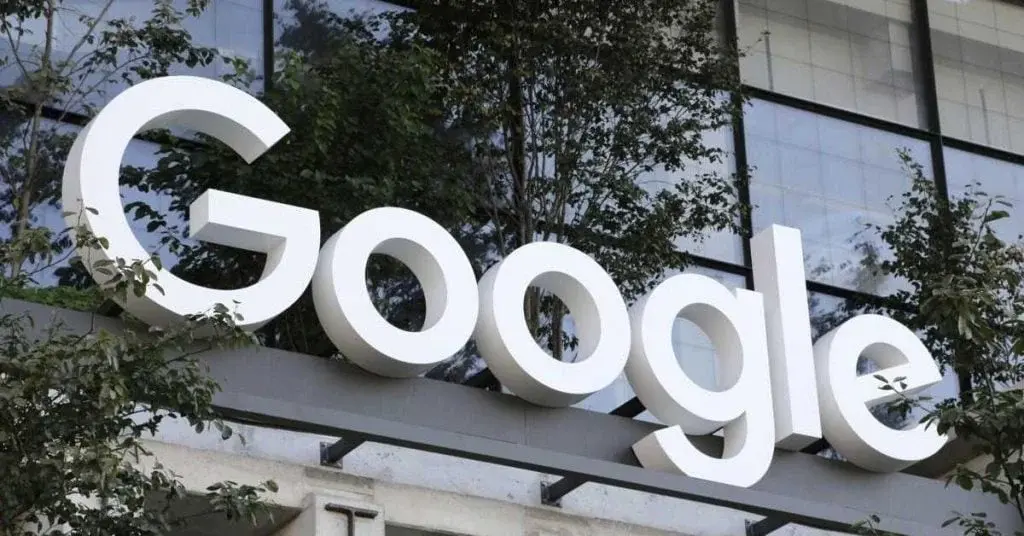Huawei, the Chinese technology conglomerate, has initiated a patent infringement lawsuit against MediaTek, a prominent chip manufacturer, in a Chinese local court. The lawsuit alleges that MediaTek's technologies infringe upon Huawei's network communication patents, which encompass 5G, 4G, and possibly 3G.
MediaTek acknowledged the lawsuit in a statement released this morning, recognizing Huawei's accusations of patent infringement. Nevertheless, MediaTek minimized the impact, mentioning that it is presently navigating the judicial process and chose not to provide additional comments.
MediaTek's Role and Impact
As a leading chipmaker, MediaTek supplies components to significant smartphone and tablet manufacturers, such as Samsung, Amazon, Oppo, Sony, Vivo, and Xiaomi. MediaTek was also a crucial supplier for Huawei's smartphone division until stricter US export controls were enforced in 2020.
Sources close to the case indicate that Huawei's lawsuit against MediaTek is mainly driven by the desire to secure licensing fees to support its ongoing research and development (R&D) endeavors. Such lawsuits also enable Huawei to diversify its revenue streams, particularly after US sanctions heavily affected its previously dominant smartphone business.
Huawei's Patent Portfolio and Licensing Efforts
Huawei holds an extensive collection of standard-essential patents (SEPs) crucial for wireless communication technologies, including around 20% of the world's 5G-related patents.
Since 2021, in response to intensified US restrictions, Huawei has increased its patent licensing activities. The company has obtained licensing and cross-licensing agreements with major European automakers, including Volkswagen, Mercedes-Benz, Audi, BMW, and Porsche.
Additionally, in 2023, Huawei signed 5G technology agreements with Oppo and Samsung. The previous year, Huawei sought licensing fees from several Japanese companies, claiming that their technologies infringed its patents.
Revenue from Patent Royalties
In 2022, Huawei reported $560 million in revenue from patent royalties, with approximately 200 companies holding licensing agreements with the tech giant, as reported by Nikkei Asia. With the lawsuit against MediaTek, Huawei seems committed to enhancing its revenue streams through assertive patent enforcement and licensing strategies.


